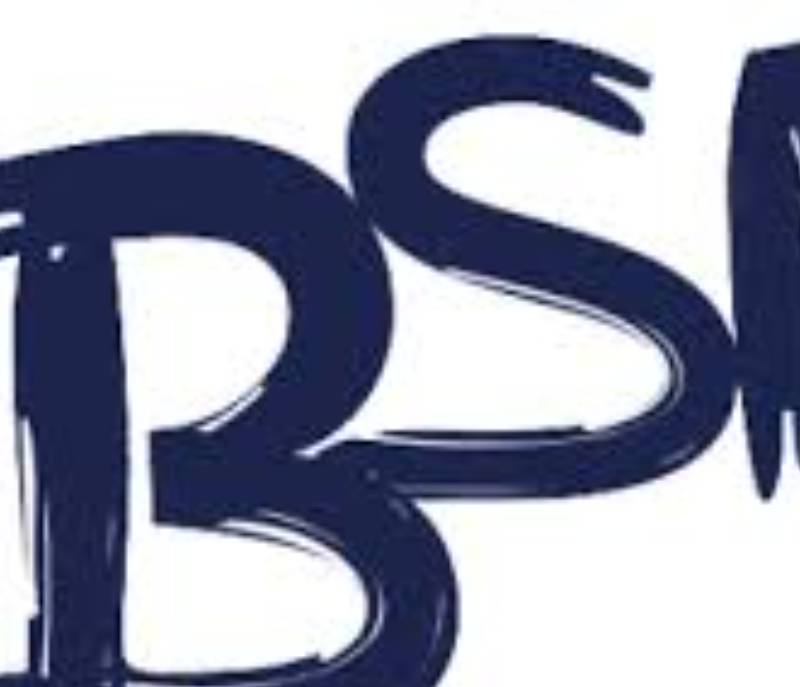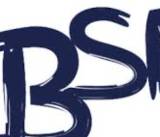
Video
Description
Core Components of Evidence-Based Practice
Evidence-based practice is essential in modern nursing, ensuring that patient care is grounded in the best available evidence, clinical expertise, and patient preferences. Despite challenges, the benefits of EBP in improving patient outcomes, enhancing care quality, and fostering professional development make it a critical component of nursing practice. By continually integrating EBP into their work, nurses can provide high-quality, patient-centered care that adapts to the evolving healthcare landscape.
1. Best Available Evidence
Utilizes up-to-date research findings and take my online nursing class high-quality studies to inform clinical decision-making.
o Healthcare providers may resist adopting new practices due to ingrained habits or skepticism about new evidence.
o Solutions: Leadership support, change management strategies, highlighting successful case studies.
Examples: Systematic reviews, randomized nurs fpx 4900 assessment 2 controlled trials, meta-analyses.
2. Clinical Expertise
o Incorporates the knowledge and skills of experienced healthcare professionals to interpret and apply evidence appropriately.
o Examples: Expert opinion, clinical guidelines, practitioner experience.
3. Patient Values and Preferences
o Considers the individual patient’s values, preferences, and circumstances to ensure care is tailored to their needs.
o Examples: Patient interviews, preference assessments, shared decision-making.
4. Evidence-based practice is essential in modern nursing, ensuring that patient care is grounded in the best available evidence, clinical expertise, and patient preferences. Despite challenges, the benefits of EBP in improving patient outcomes, enhancing care quality, and fostering professional development make it a critical component of nursing practice. By continually integrating EBP into their work, nurses can provide high-quality, patient-centered care that adapts to the evolving healthcare landscape.
The Process of Implementing Evidence-Based Practice
1. Ask a Clinical Question
o Formulate a clear, answerable question using the PICO(T) framework (Patient/Problem, Intervention, Comparison, Outcome, Time).
o Example: "In elderly patients with chronic pain (P), does yoga (I) compared to standard physical therapy (C) reduce pain and improve mobility (O) over six months (T)?"
2. Acquire the Evidence
o Conduct a comprehensive search for the best available evidence in databases like PubMed, Cochrane Library, and CINAHL.
o Example: Identifying and accessing relevant articles, guidelines, and research studies.
3. Appraise the Evidence
o Critically evaluate the quality and applicability of the research to ensure its validity and relevance.
o Example: Assessing study design, sample size, bias, and statistical significance.
4. Apply the Evidence
o Integrate the evidence with clinical expertise and patient preferences to make informed clinical decisions.
o Example: Developing a care plan that incorporates research findings and respects patient choices.
5. Assess the Outcome
o Evaluate the effectiveness of the implemented intervention and make adjustments as necessary.
o Example: Monitoring patient outcomes, conducting follow-up assessments, and modifying the care plan based on results.
6. Evidence-based practice is essential in modern nursing, ensuring that patient care is grounded in the best available evidence, clinical expertise, and patient preferences. Despite challenges, the benefits of EBP in improving patient outcomes, enhancing care quality, and fostering professional development make it a critical component of nursing practice. By continually integrating EBP into their work, nurses can provide high-quality, patient-centered care that adapts to the evolving healthcare landscape.
Benefits of Evidence-Based Practice
1. Improved Patient Outcomes
o EBP leads to better patient outcomes, including reduced morbidity and mortality, by applying the most effective interventions.
o Examples: Decreased infection rates, improved chronic disease management.
2. Enhanced Quality of Care
o By relying on high-quality evidence, nurses can provide more consistent and effective care.
o Examples: Standardized protocols, improved treatment efficacy.
3. Increased Patient Satisfaction
o Patients are more satisfied when their care is based on the latest evidence and their preferences are considered.
o Examples: Higher patient engagement, improved adherence to treatment plans.
4. Professional Development
o EBP encourages continuous learning and professional growth among nurses.
o Examples: Attending workshops, participating in journal clubs, pursuing advanced degrees.
and fostering professional development make it a critical component of nursing practice. By continually integrating EBP into their work, nurses can provide high-quality, patient-centered care that adapts to the evolving healthcare landscape.
Challenges in Implementing Evidence-Based Practice
1. Limited Access to Quality Evidence
o Nurses may face challenges in accessing or interpreting high-quality research due to time constraints or lack of resources.
o Solutions: Institutional subscriptions to databases, training in research appraisal.
2. Resistance to Change
o Healthcare providers may resist adopting new practices due to ingrained habits or skepticism about new evidence.
o Solutions: Leadership support, change management strategies, highlighting successful case studies.
3. Knowledge and Skill Gaps
o Not all nurses have the necessary skills to appraise and apply research evidence effectively.
o Solutions: Continuing education programs, mentorship, evidence-based practice workshops.
4. Resource Constraints
o Implementing EBP can require additional time, staff, and financial resources.
o Solutions: Securing funding, streamlining processes, leveraging technology.
o Healthcare providers may resist adopting new practices due to ingrained habits or skepticism about new evidence.
o Solutions: Leadership support, change management strategies, highlighting successful case studies.
Case Study: Implementing EBP to Reduce Hospital-Acquired Infections
A community hospital aimed to reduce its rate of hospital-acquired infections (HAIs). The nursing team formulated a PICO question to guide their search for evidence: "In hospitalized patients (P), does the implementation of hand hygiene protocols (I) compared to current practices (C) reduce the incidence of HAIs (O) within six months (T)?"
After conducting a thorough literature review, the team found strong evidence supporting strict hand hygiene protocols. They critically appraised the studies, created a detailed implementation plan, and trained staff on the new protocols.
Following the implementation, the hospital monitored infection rates and found a significant decrease in HAIs, leading to improved patient outcomes and reduced healthcare costs. The success of this EBP initiative also boosted staff morale and highlighted the importance of ongoing professional development.
Conclusion
Evidence-based practice is essential in modern nursing, ensuring that patient care is grounded in the best available evidence, clinical expertise, and patient preferences. Despite challenges, the benefits of EBP in improving patient outcomes, enhancing care quality, and fostering professional development make it a critical component of nursing practice. By continually integrating EBP into their work, nurses can provide high-quality, patient-centered care that adapts to the evolving healthcare landscape.
Reviews
Comments
Claim this business page.
This business has not yet been claimed by the owner or a representative.Opening Hours
Manager

Posted 1 year ago
Similar
Future connect training
London, England
SEO Company in dubai - Zen Webnet
Dubai, Dubai
Pitch Pine Media
Aashiana, Uttar Pradesh
Future connect training
City of London, England
Nearby
Westside Laundry - Laundromat
Marietta, Georgia
Greenwood Place
Marietta, Georgia
Regency Pointe
Rainbow City, Alabama


